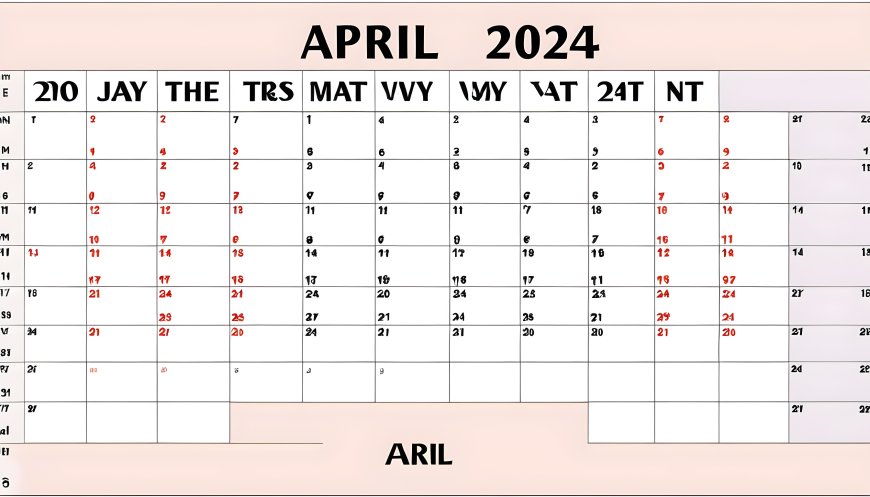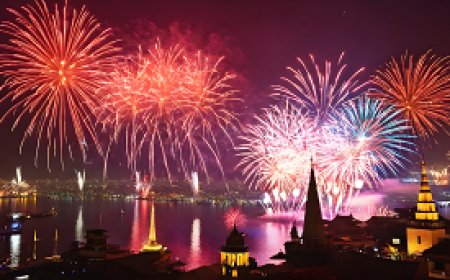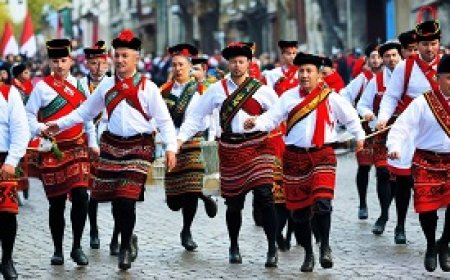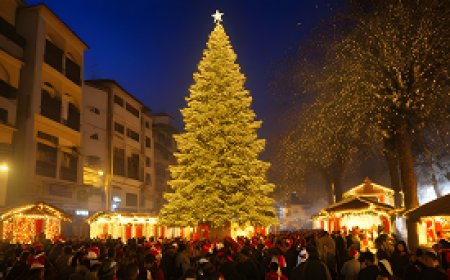Explore the Vibrant Festivals of April 2024: Cultural and Religious Delights
Lots of religious and cultural festivals and observances happen worldwide. Here is a brief overview of some of the most renowned cultural and religious festivals globally in April 2024.

1 Apr
Easter Monday
In April, Easter Monday falls on the day following Easter Sunday, observed in both Eastern and Western Christian traditions to commemorate the resurrection of Jesus Christ after three days from his crucifixion.
1 Apr
The celebration of Kha b-Nisan, marking the Assyrian and Chaldean New Year, is an important cultural and religious date in April.
This cultural and religious event is observed by the indigenous Assyrians in Northern Iraq, North-eastern Syria, South-eastern Türkiye, and North-western Iran.
4 Apr
Tomb Sweeping Day, also known as Qingming, falls on the calendar of cultural and religious dates in April.
8 Apr
April is filled with cultural and religious events, such as Hana Matsuri (Flower Festival).
9 Apr
Eid al Fitr
The Islamic fasting month of Ramadan concludes with the joyous celebration of Eid al Fitr.
A festive meal marks the end of the fast, emphasizing the importance of good deeds during this period.
Eid serves as a moment for forgiveness and reconciliation.
9 Apr
In April, mark your calendar for Ugadi, which celebrates the Telugu New Year.
This festivity is prominently celebrated in Andhra Pradesh, Telangana, Karnataka, Tamil Nadu, and Goa in India.
13 - 17 Apr
April is a bustling month filled with diverse cultural and religious celebrations, including Songkran, the Thai New Year festival.
The celebration kicks off on the 13th of April every year and is observed as a national holiday.
13 - 16 Apr
Observing the Thingyan Festival in April celebrates the Burmese New Year.
It signals the commencement of the New Year, heralds the onset of the Myanmar lunar calendar, and observes life and renewal.
13 - 16 Apr
Choul Chnam Thmey, also known as Cambodian/Khmer New Year, is part of the calendar of cultural and religious dates in April.
This festive occasion signifies the conclusion of the harvesting season, where farmers relish the rewards of their hard work before the onset of the rainy season.
The country observes a three-day public holiday to commemorate this joyous event, usually taking place in April as part of the calendar of cultural and religious dates.
14 - 16 Apr
April is notable for Pii Mai, which is also known as Lao New Year.
Water, symbolizing significant meaning in Lao traditions, is utilized for washing Buddha images.
Additionally, sand is shaped into decorated stupas at temples, then presented to monks for merit-making.
Festivities span three days, involving joyful water splashing among participants.
14 Apr
April marks the celebration of the Sinhalese New Year, known as Aluth Avurudda.
14 Apr
Celebrate Puthandu, also known as Tamil New Year, in April with the vibrant calendar of cultural and religious dates.
14 Apr
Vaisakhi
In April, the Sikh community typically commemorates Vaisakhi, or Baisakhi, a traditional harvest festival signifying the start of the new solar year and harvest season on the calendar-of-cultural-and-religious-dates.
14 Apr
In April, Navavarsha, also known as the Nepalese New Year, is celebrated as a significant cultural and religious date on the calendar.
These include festivities on the Gregorian calendar, Tibetan New Year, and the Navavarsha - observed during the second week of April, marking the first day of Baisakh on the Bikram Sambat calendar.
The nation also commemorates the lunar new year (Sonam Lhosar) with an official public holiday.
15 Apr
Celebrate Pohela Boishakh, also known as Bengali New Year, in April with joy and colorful traditions.
Visiting temples during this time is a common practice, with prayers offered for blessings of good fortune and prosperity in the upcoming year.
15 Apr
Maithil New Year
Communities across different regions in India such as Tamil Nadu, Assam, Bengal, Kerala, Manipur, Orissa, Punjab, Tripura, along with Nepal, observe the Maithil New Year.
20 Apr - 1 May
Ridvan
Ridvan is a highly important celebration in the Baha’i religion, spanning 12 days in April.
The initial day of Ridvan holds the utmost significance among Baha’i Holy Days, marking the declaration of Baha’u’lláh's divine mission in the Ridvan Garden.
Key days like the first, ninth, and twelfth of the festival are deemed especially momentous, with activities paused in observance.
22 Apr – 30 Apr
Passover
In April, the calendar is filled with important cultural and religious dates, including Passover.
This festival holds great significance for the Jewish community as it commemorates the liberation of the people from slavery in Egypt by God.
Observers typically avoid working on the initial two and final two days of the celebration, with many opting to refrain from work for the entire duration of the festival.
23 Apr
St George’s Day
In April, people mark St.
George as the patron saint of England and a highly esteemed figure in the Anglican church.
The occasion typically involves festive parades, lively dancing, and various commemorations.
23 Apr
Hanuman Jayanti
In April, Hanuman Jayanti, a significant Hindu religious festival honoring the birth of the revered Hindu deity Hanuman, is celebrated on various dates throughout India and Nepal.
24 Apr
Theravada New Year
In April, the Theravada New Year is celebrated annually, occurring three days after the initial full moon of the month.
This day commemorates significant events in Buddha's life, including his birth, enlightenment, and passing, along with the commencement of the rainy season.
ANZAC is short for Australian and New Zealand Army Corps.
This significant day pays tribute to the service and sacrifices of all those who have served Australia during wartime and similar conflicts.
Dawn services, marches, and ceremonies are held throughout Australia and New Zealand to honor this day in April.
29 Apr
Hung Vuong Festival
Celebrated annually from the eighth to the eleventh day of the third lunar month, the Hung Kings' Temple Festival in Vietnam pays tribute to the nation's traditional founders and first emperors, the Hung Vuong or Hung Kings.
Since 2007, this festival has been officially recognized as a national holiday in Vietnam.
What's Your Reaction?






































































































































































